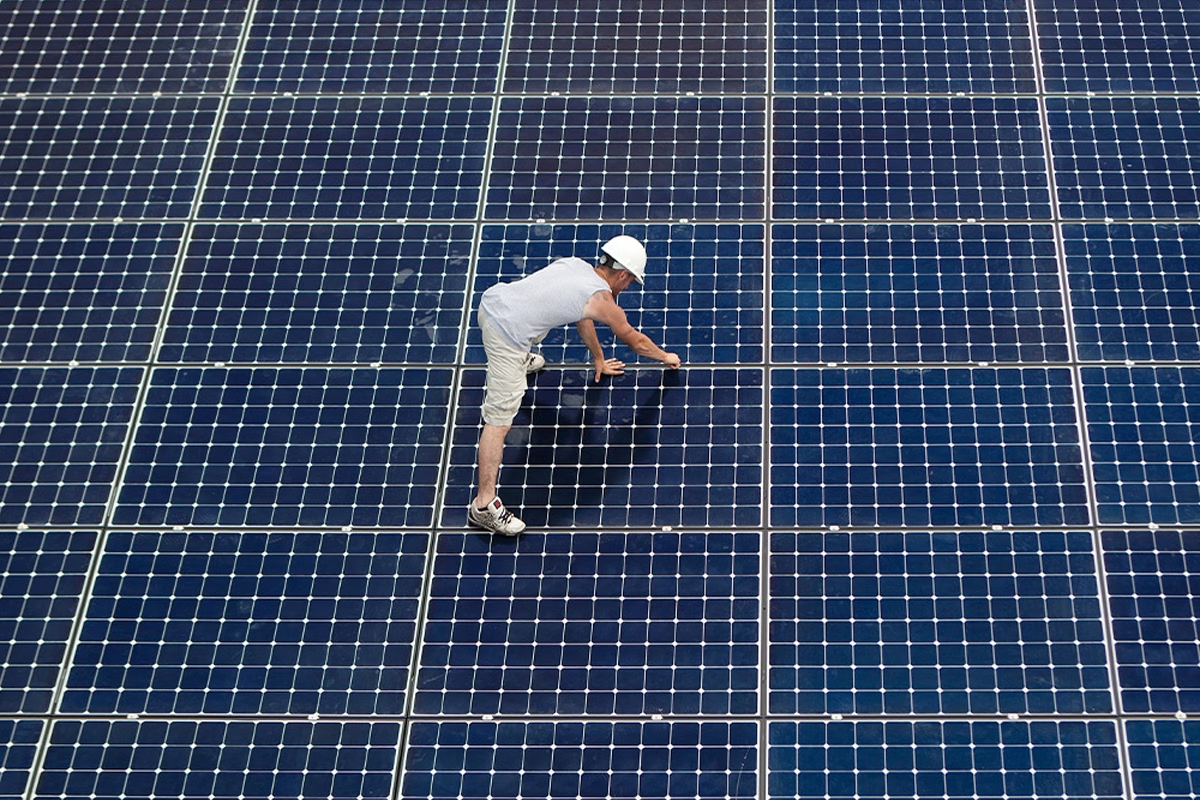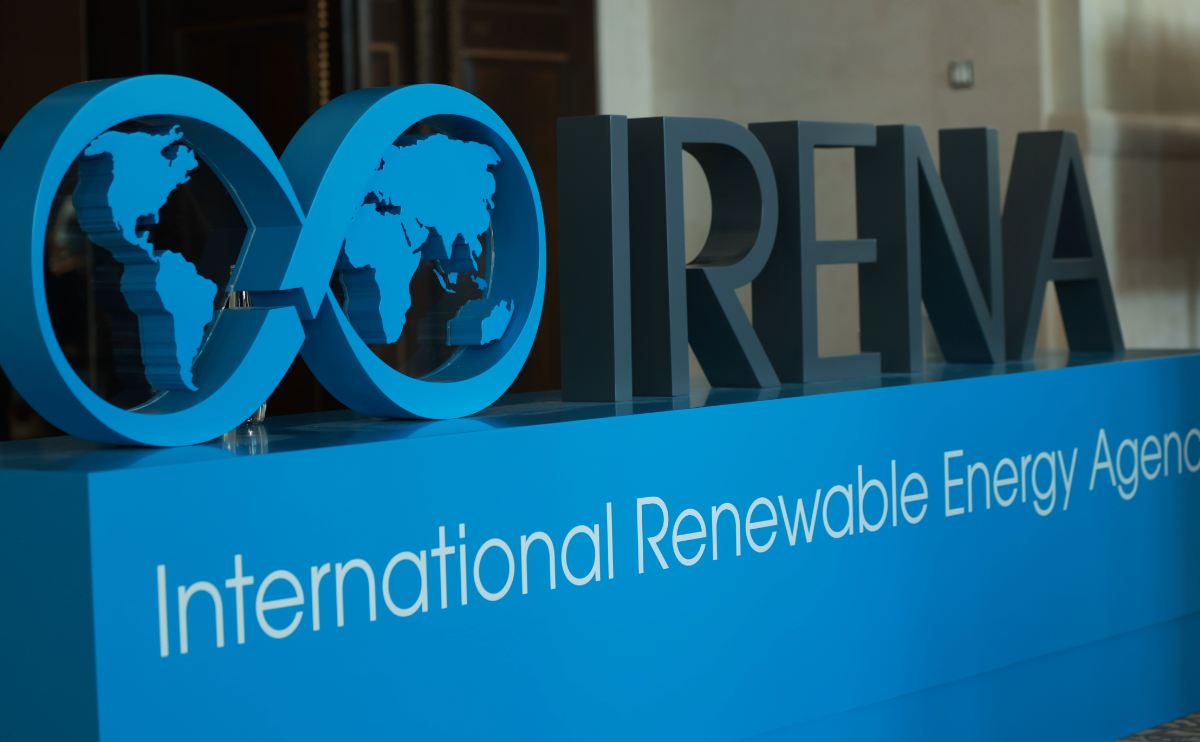
Lucky Cement Pioneering Clean, Renewable Energy
October 28, 2024
Pakistan delegation briefs IMF on tax, energy sector reforms
October 28, 2024The recent decline in solar module prices spurred a surge in imports as buyers rushed to meet the growing demand for renewable energy solutions. However, recent data reveals a significant shift. In September 2024, Pakistan’s solar panel imports dropped sharply to 1,010 MW—a 63% decrease from the peak of 2,762 MW recorded in April. This trend had already begun in August, when imports fell to 1,121 MW.
The primary reasons for the sharp decline in imports include shipment delays and logistical challenges, resulting in a stock primarily composed of leftover inventory from earlier months. While immediate price hikes are not anticipated, continued supply chain issues suggest prices may rise as available stock diminishes.
Earlier this year, the substantial drop in solar panel prices led to a spike in imports by residential, commercial, and industrial consumers looking to offset rising electricity costs. Now, however, as imports wane, industry insiders warn that existing stock may only last a few months. This could lead to longer wait times for new shipments if demand increases or if further delays occur.
Experts believe that solar panel prices have stabilized after reaching their lowest point, and further decreases are unlikely due to limited stock. Consumers hoping for additional price drops may instead face higher costs or shipment delays as inventories dwindle.
Experts recommend that potential buyers act swiftly, as current prices and stock levels offer a favorable investment opportunity. While the solar panel market appears stable for now, shrinking supplies could disrupt deliveries if demand surges.
The initial surge in solar panel imports was fueled by growing demand for affordable renewable energy in the face of rising electricity prices and energy shortages. Global price reductions made solar technology more accessible, encouraging a shift toward solar power in Pakistan. However, the recent slowdown in imports raises concerns about future availability, which could trigger a price rebound as supplies tighten.




